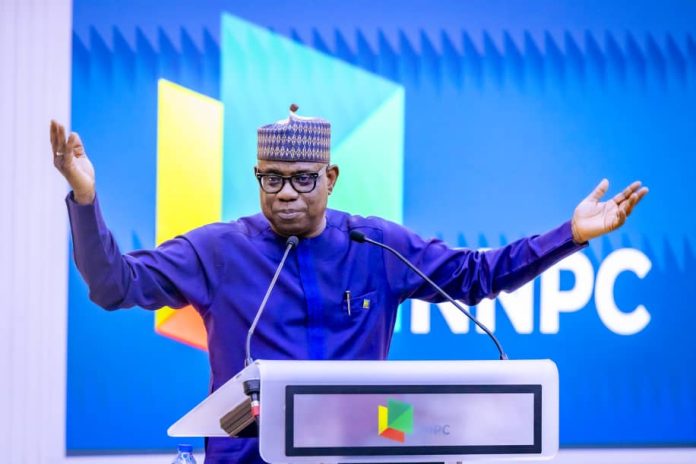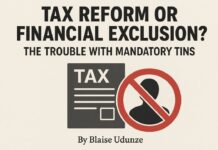As Nigeria marked two years under President Bola Ahmed Tinubu’s Renewed Hope Agenda on May 29, one institution that has come to define the administration’s reformist momentum is the Nigerian National Petroleum Company Limited (NNPCL), now transformed into a commercially driven energy giant under the leadership of Mr. Bayo Ojulari.
Appointed Group Chief Executive Officer at a time when public confidence in the petroleum sector was wavering, Ojulari has quickly aligned NNPCL’s direction with Tinubu’s economic priorities—fueling growth, restoring transparency, and driving infrastructure delivery. The result is a national oil company that has shifted from bureaucracy to business, from opacity to accountability.
Under Ojulari, NNPCL has recorded landmark milestones that reflect the Tinubu administration’s bold, reform-driven governance style. The once-stalled Ajaokuta-Kaduna-Kano (AKK) gas pipeline is now complete and poised to deliver over two billion cubic feet of gas per day to industries and power plants. The Port Harcourt Refinery rehabilitation is over 80 percent complete, signalling an imminent reduction in Nigeria’s costly dependence on imported fuel.
But Ojulari’s biggest win may be in stabilising oil production and tackling crude theft—two critical issues that long drained national revenue. Daily output has climbed from under 1.2 million barrels per day in 2023 to over 1.6 million barrels in mid-2025, thanks to improved security coordination and deployment of AI-powered pipeline monitoring. The digitalisation of crude lifting and sales has plugged revenue leaks and ensured more consistent remittance to the Federation Account.
Beyond oil, the company has embraced renewables, launching solar mini-grid pilot projects across underserved regions. It has also recommitted to achieving net-zero emissions by 2060, aligning with global climate protocols while preparing Nigeria for a future beyond fossil fuels.
Ojulari has also championed human capital development, with over 5,000 Nigerian youths benefiting from training and internship schemes. Local content has deepened across all levels of the company’s operations, reflecting a commitment to inclusive economic empowerment.
The repositioned NNPCL under Ojulari is now widely seen as a cornerstone of President Tinubu’s economic re-engineering. While forex reforms, fuel subsidy removal, and fiscal tightening define the broader economic agenda, it is the visible and measurable turnaround at NNPCL that offers perhaps the clearest evidence that the Renewed Hope Agenda is taking root.
In two years, Ojulari has rebranded NNPCL from a symbol of state inefficiency into a case study of corporate reinvention. His leadership has given the Tinubu administration a potent success story in its quest to restore investor confidence, create jobs, and stabilise the economy.
As Nigerians reflect on the past 24 months, the transformation at NNPCL stands out not just as a sectoral win but as a national benchmark for what strong leadership can achieve in a reform-driven era.














